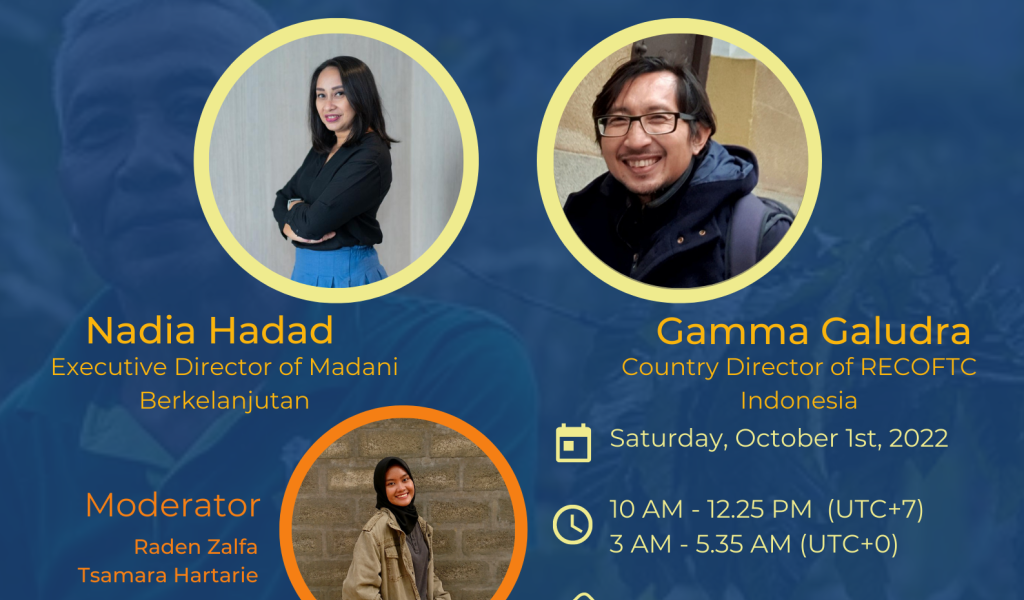Chain to change: role of community development to achieve FOLU net sink

The Glasgow Leaders' Declaration on Forests and Land Use and the Paris Agreement are forms of multilateral commitment to attain sustainable forests, sustainable land use, biodiversity, and the prevention of climate change. Sustainable forest management is one of the mitigation to reduce greenhouse gas (GHG) emissions, that is why forest and other land uses (FOLU) net sink can be achieved. When the absorption of GHG emissions is equal to or greater than emissions in the forestry and land use sectors, the situation is known as a FOLU net sink. In relation to this, European nations have been planning the growth of forests and other carbon sinks as a means of assisting in the fight against climate change. The United States is also trying to do the same through The President's Climate Action Plan to reduce carbon emissions. The Ministry of Environment and Forestry attempts to achieve a FOLU net sink by 2030. This has shown that Indonesia is one of the countries that took the declaration seriously by taking concrete steps. Meanwhile, achieving the FOLU net sink is a challenge because 40% of Indonesia's total GHG emissions come from the forest and land sector.
Discussions about forestry cannot be separated from the role of various stakeholders, one of which is the local community around the forest. This community group has a high dependence on forest resources. This society needs to be equipped with the principles of sustainable forest management which can be achieved through community development. Through regular guidance and assistance, the local community will be able to manage forest land in a sustainable way. Currently, there are many institutions that are trying to increase communities' knowledge and understanding of forest management as one of the means to achieving FOLU net sink. As the future generation, youth are expected to be able to contribute directly to actions related to environmental issues6. Youth should thus learn from the institutions that empower communities' experiences in order to improve the forest in the future.
International Forestry Students' Association Local Committee Universitas Gadjah Mada (IFSA LC UGM) a non-profit, non-religious, and non-governmental organization consisting of young forestry students, is designing an activity called G-Sight with the theme “Chain to Change: Role of Community Development to Achieve FOLU net sink”. This activity will be outperformed by panel discussions with sophisticated speakers. Additionally, campaign activities such as Call to Action (CTA), which is a way of re-actualizing efforts to meet the FOLU net sink objective, will be included to this event. This plan is anticipated to give a better understanding of the role that community development plays in reaching the FOLU net sink as well as the contributions of all stakeholders involved. Additionally, this activity invites young people to directly assist in achieving this goal through CTA.

